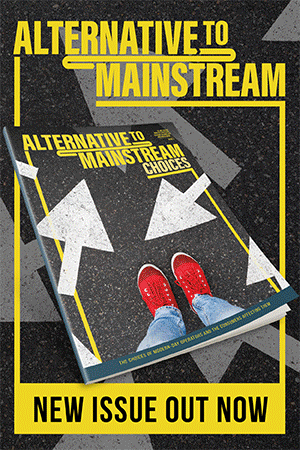Industry responds to visa plans

Voices from across the hospitality industry have immediately expressed their concerns over the government's increase to migrant salary thresholds. As part of plans to cut net migration, the home secretary James Cleverly has announced that from next spring, the government will increase the earning threshold for overseas workers by nearly 50%, from its current position of £26,200 to £38,700.
The government says this is to encourage businesses to look to British talent first and invest in their workforce, helping to deter employers from over-relying on migration. However, given the current staff shortages seen across the whole of the industry, the news was not welcomed by those who work in hospitality.
"There were 8,500 hospitality visas issued last year, which helped bring in talented chefs and managers of the future," said UKHospitality chief executive Kate Nicholls. "Around 95% of those would no longer be eligible under these plans, despite being offered competitive salaries. These changes will further shrink the talent pool that the entire economy will be recruiting from, and only worsen the shortages hospitality businesses are facing."
UKHospitality says that around three-quarters of hospitality’s workforce is filled from within the UK, but international talent has always been attracted to work here, due to the UK's pedigree for hospitality and developing careers.
"These critical workers also bring with them a wealth of experience and skills to help further enhance our world-leading hospitality sector," added Nicholls. "We urgently need to see an immigration system that is fit-for-purpose and reflects both the needs of business and the labour market. The system at the moment does none of that."
Louise Haycock, partner at Fragomen, the global immigration law firm, sees the latest government measures on lowering migration as taking precedence over economic need.
"Given there has been very limited rises to the salary threshold to sponsor migrant workers since Brexit, it was inevitable that these figures would be closely examined, especially given the higher-than-expected net migration figures published last month," she said.
"However, the level of the rise in salary threshold is quite staggering and raises concerns that the government’s attempts to lower net migration figures are taking precedence to an economic need. Sectors that relied on the EU workforce to thrive have not yet had sufficient time to see the benefits of grassroots level training and have relied on sponsoring workers in typically lower-paying roles, while also paying the very high associated government fees.
"The foreseen impact is that from spring 2024, employers will also need to increase wages, which may simply prove unaffordable, exacerbate existing shortages already and undermine the progress being made to curb inflation."

















